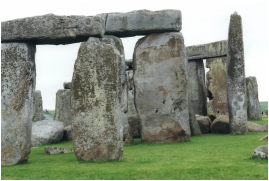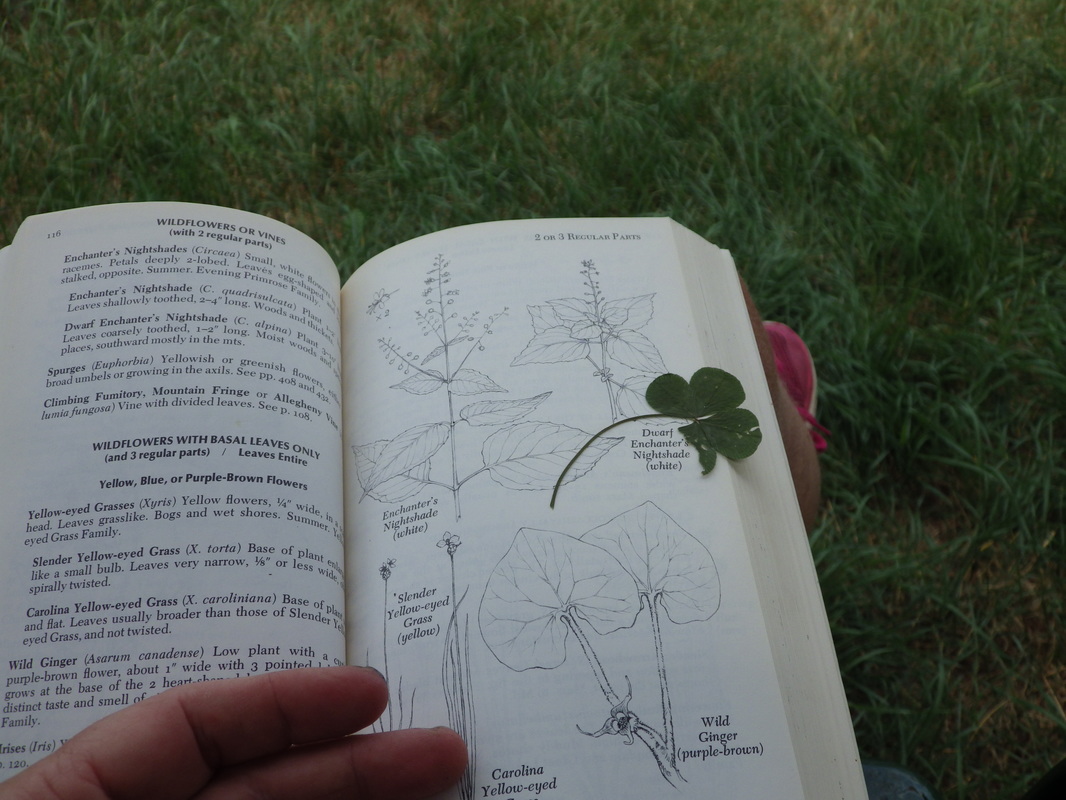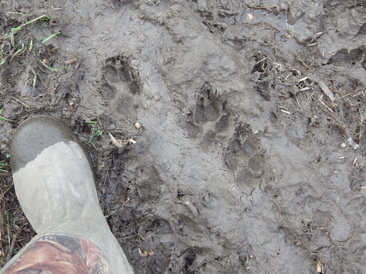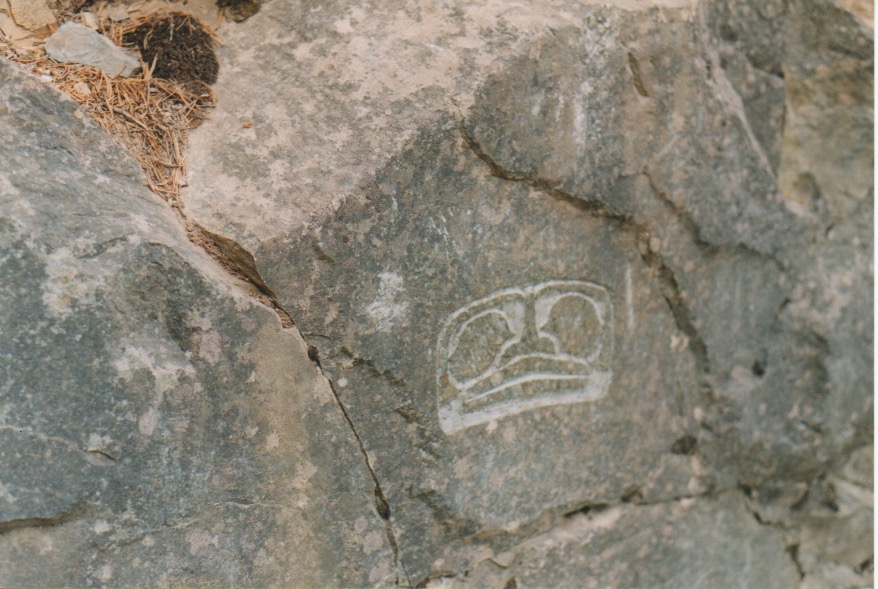 My sister assures me that genealogy is absolutely, supremely, and irredeemably dull. Unless you are doing the research, it's BORING. She doesn't sugar-coat it. Yet even she was willing to admit that great-great uncle Aaron Augustus Chase* was actually kind of inspiring. Bit of background: In 1871, coal miners in Scranton, Pennsylvania were protesting. The local coal companies had cut wages from $1.31 to $0.86 per car-load of coal in late 1870. The miners joined the Miners' and Laborers' Benevolent Association, which called for a strike. That strike subsequently began January 1871. On May 17, 1871, there was a large crowd of strikers (and their family members) protesting the scab laborers who were working the Brigg's shaft in the Scranton neighborhood of Hyde Park. As reported in History of Scranton and its People by Col. Frederick L. Hitchcock, published in 1914. the protesting included "jeers, hootings, vile names and threatening gestures as the men went to and from the mine." (ooh! hurtful hootings!) "Opprobrious epithets" were flung. And then perhaps a stone took to the air, which lead like night follows day, to an escallation of violence. Two strikers, Benjamin Davis and Daniel Jones, were killed by a single shot from the squad of militia hired by Mr. W. W. Scranton, superintendent of the Lackawanna Iron and Coal Company to guard the workers. Enter Aaron Augustus Chase. The editor of the Scranton Times, he called out W. W. Scranton and wrote that the killings of Davis and Jones amounted to murder. He ended up in prison twice, but refused to retract the statement. Yes, he was a Civil War veteran, which probably means he was a hero already, and his later life included a stint as judge and civil servant for the City of Scranton –– the town named for the family of the industrialist whom he called responsible for murder. But moral conviction and action in the interest of downtrodden workers? It warms the cockles of my heart. *Aaaron Augustus was my great-great-great-great-grandfather's cousin, but seriously –– in the interest of a story, I am thinking he's an uncle. PS. The Long Strike of 1871 was not, of course, the end of the labor troubles. The Great Strike of 1877 nearly shut down the country, and in 1891, 19 unarmed immigrant miners were killed in Lattimer, PA. And on and on. As Kurt Vonnegut said, "So it goes."
4 Comments
 Elderberry-ish. Elderberry-ish. While trying to identify a berry-bush on the Would-Be Farm this past summer, I turned to Newcomb's Wildflower Guide. I flip through this reference probably half a dozen times each year, trying to get a handle on the plants. Names are important. Even if the name is only Latin for "hairy-stemmed yellow flower thingamabob," knowing it gives a person power. (Magical thinking about true names aside...) For instance, pickle weed. It's a leafy little plant with sour, tender leaves that most outdoorsy folks have nibbled from time to time. It grows in the shade, has a little yellow flower. It tastes like dill pickle. Pickle weed's actual name is Oxalis stricta. From the Greek, it translates to "sour sorrel," again showing that the scientific name is sometimes just a regular name dressed for special occasions. Anyhow, look up Oxalis stricta and you can discover that (no surprise!) it's full of vitamin C, but it turns out to bind calcium when taken raw in large doses. Also, it might have been the plant St. Patrick used in his gentle conversions, rather than what we call "clover" these days. Or not –– pagan Celts held Oxalis sacred; there's probably a shipload of interpretive wiggle-room when it comes to what happened in 5th Century Ireland. But when I opened the wildflower book this time, looking that something looked a lot like elderberry, but not exactly like elderberry and wondering what the heck it was, a tattered four-leaf clover slid from between the pages. A regular Trefolium repens ("three-leafed creeper"), the sort that mutates and grows a fourth leaf from time to time*.
It must have been in there for a decade or more. A flat, papery bit of luck put aside by Mumsie, who didn't necessarily know the Latin names of things, but who gave the lucky gift of curiosity. *While proofreading, I discovered I'd typed that phrase as "from time to tome." I crack myself up. When that smug Roadrunner stuck out his tongue, made his rude noise, and zipped off to the vanishing point on the cartoon desert horizon –– I often wished he'd trip. Just once giving the Wile E. Coyote the chance to make a meal of the annoying bird. He worked so hard on those roadrunner-catching contraptions. Not that I knew from coyotes. Oy. They were a creature of the Wild West. But with the passage of time have come the wild canines, at least in the North Country. I wrote about how they are known locally as "coydogs," but the coyotes of Northern New York are actually wolf-coyote hybrids. The admixture of wolf gives them a bigger frame, and a somewhat less scruffy appearance. And maybe some vocal range. From Base Camp on the Farm, we listen to their songs (which sound remarkably like what I image a chorus of the damned) often. I used the video function on my camera to capture this bit of soundtrack, so the sound is fairly –– er –– tame. YouTube thoughtfully asked if I wanted to enhance the lighting on this video-clip. Bless their hearts.
Spotted this petroglyph while hiking out of Ketchikan, Alaska. What it means? Well, that might be a story... Story 1 – Raven Sees the Sparrows
It happened before the Moon was first eaten by mice, before the lands in the west were swallowed by the ocean, before the stars in the night sky were given names. This was a long time ago. Old lady Raven was hopping and muttering on the gravel beach where a small river emptied into the ocean. "Where are the dying salmon, pink and angry?" she said to herself. She picked up a pebble and flung it into the water. "Where are the blubber-rich scraps of walrus?" She lifted a raft of seaweed and said, "Where is the fat carcass of a goose that has died?" Then, hopping to the smooth silver trunk of a driftwood log, old lady Raven shook her shining black wings and shouted in frustration. "Where? Where?" Deep within the alder bushes that grew along the river, just on the other side of the gravel beach, a pair of sparrows were keeping their heads down. They did not know the old lady, but they did not like the look of her strong beak or the sound of her peevish muttering. You never knew with people, but then again, you kind of did. They fluffed their grey feathers against the wind coming over the ocean and then tried not to catch one another's eye as old lady Raven yelled so loud that she nearly tipped herself from the driftwood log. The one sparrow spoke as softly as he could, leaning in to the soft nape of his mate's neck, "Who is she talking to?" His mate sidled a little closer to him and said nothing. "Wouldn't it be funny if we were to pretend to be the god of ravens and answer her?" His mate chuckled, low in her throat. "Wouldn't it be funny if we told Raven that the food she wants can be found under water?" His mate gave him an indulgent look. "The god of ravens would croak, 'Dark lady, I hear you! I have prepared a feast and you, my beautiful daughter, will be the first to the table! I have every kind of meat set aside for you there!'" The sparrow stopped to wipe his beak on a twig, because it was difficult to imitate a god of ravens quietly and his voice was a little sore. He continued, "Then the god would say, 'Take up a large pebble in your mouth, my daughter, and swim with your fine shining wings to the bottom of my ocean!' And overtaken by awe and greed, the silly creature would abandon the open air. She would dive under the waves and swim with her strong wings until the moment came when she drowned." Whether his mate would have chuckled again or not, the sparrow was never to know, for old lady Raven was suddenly perched with them in the alder bush. The sparrows could each see their reflection in the glittering black eyes of old lady Raven. One fat sparrow in either eye and Raven's beak like a fine obsidian hatchet in the middle. The first sparrow blinked at his reflection. His mate made a tiny, indelicate noise by accident. The raven laughed. Then she raised her shining black wings and shouted, "Fly!" The sparrows flew. Old lady Raven shook her feathers back and preened for a moment. She croaked a musical note and said, " 'And that moment,' the sparrows will tell each other, 'with a single word, the goddess Lady Raven first brought sparrows into the world.' " *As a tourist, I saw only the outermost level of Tlingit culture: the totem poles, the wooden buildings, story-telling at the visitors' centres, and the occasional petroglyph. My rift on the tradition of Raven is a pale copy of the real stories, but meant respectfully. Though I recently broke my vow never to perform karaoke inside the lower 48 recently (short story: excellent co-performer, and frankly, I'll continue to believe that I nailed the line "Tin ROOF...rusty!" until video surfaces to prove otherwise), there is something liberating about singing in the relative safety and anonymity of one's own car. A person does get busted from time to time, belting out something while stopped at a stoplight. During my Puddle of Mudd phase I was piloting my trusty minivan through South Tampa with the windows down –– totally owning every bad word in "She Hates You" –– when I glanced to the side. The word "horrified" doesn't begin to cover the emotions writ large on the faces of the mixed bag of college-age guys in the muscle-car idling next to me. What, they didn't imagine I'd have felt those naked and frank emotions? Or expressed them with such raw honesty? Beige-haired lady in a minivan can't hate? Jeesh. Bring on "Carpool Karaoke," a late-night television feature that's displaced my previously top-seeded musical favorite "Lip Synch Battle with Jimmy Fallon." Oooh, which one to choose? Chris Martin of Coldplay on a longish road-trip?The one where Iggy Azalea and James stop to try on bridal dresses? James driving Michelle Obama around (Secret Service in pursuit) and picking up Missy Elliot? Man-wrestling with the Red Hot Chili Peppers? Too hard to pick, but here's a trio of my favorites:
Evolution seems to love a star. There are starfish, of course, little and big. And succulent plants that look like trippy stacks of stars. And of course dozens of flowers come in this shape. Radial symmetry rather than bilateral.
What if, for some peculiar but convincing reason (Hello Isaac Asimov! Howdee Octavia Butler! Greetings, Kim Stanley Robinson!), humans came to life along radial lines instead of our bilateral ones? What would be our center? Would our points be be feet or hands? Would we cartwheel along in the tide?  Hands down: Meg Rosoff"s The Bride's Farewell. Maybe the best book of my reading year. So many stories start off with a interesting set-up, but then turn in to the same-old same-old: An under-appreciated gal finds love and a glamorous makeover. The unreliable narrator turns out to be hiding a truth worse than you think at first. Square-jawed hero will decode the ages-old secret before the collapse of civilization. Freakishly clever serial killer will do awful things and then get caught, except he will escape in the last paragraph. Don't get me wrong, these books can be delightful. But we like surprises, we people do. Which might be why I have enjoyed this book so much. The Bride's Farewell starts with a girl running away from home the morning she's to wed. It's 1850-something, and Pell takes some food, the coins meant as her dowry, her beloved horse and, then, as she starts off, finds that her silent little brother, Bean, refuses to be left behind. Like many another character before her, Pell is different from her dirt-poor family, from other girls, from what society expects. It's not just her unwillingness to settle down and marry the local boy she's known her whole life. It's not just her fear of ending up like her mother, exhausted and wrung-out from endless childbearing and grinding disappointment. No, Pell is good with horses –– really good –– and she hopes to use this skill to make her own way through the world. But she does not quite reckon on the difficulties she'll face with people. The Bride's Farewell is full of surprises and twists that make perfect sense in hindsight (like all the best fiction). Pell's insight into the thoughts of animals (matched by her lack of insight into the thoughts of humans) is utterly convincing and thought-provoking. At 214 pages, it's easy to down in a single sitting, but Rosoff's stylistic strengths (the writing is vivid and restrained, with only the best details filled in) bear re-reading. Now go to your local and read it. "Chapter 2 The open road. What a trio of words. What a vision of blue sky and untouched hills and narrow trails heading God knew where and being free––free and hungry, free and cold, free and wet, free and lost. Who could mourn such conditions, faced with the alternative?" |
About the Blog
A lot of ground gets covered on this blog -- from sailboat racing to book suggestions to plain old piffle. FollowTrying to keep track? Follow me on Facebook or Twitter or if you use an aggregator, click the RSS option below.
Old school? Sign up for the newsletter and I'll shoot you a short e-mail when there's something new.
Archives
June 2024
Categories
All
|







 RSS Feed
RSS Feed
